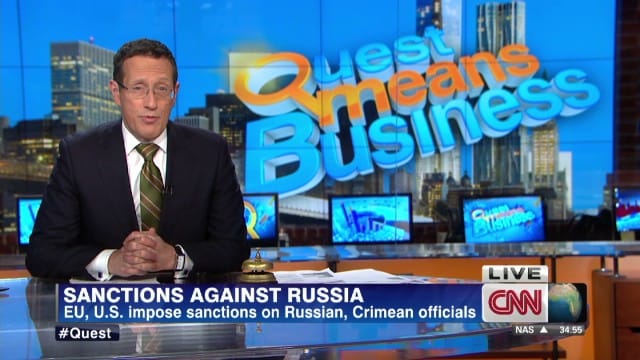In a significant move to address the ongoing geopolitical tensions stemming from Russia’s actions in Ukraine, the United States has unveiled a new round of sanctions targeting Russian oil exports, specifically aimed at curbing the supply to major consumers such as China and India. This decision reflects the US government’s commitment to applying economic pressure on Russia in an effort to diminish its ability to finance military operations and other state activities that are viewed as aggressive by the international community.
The sanctions come at a time when Russia has been increasingly reliant on oil exports to sustain its economy, particularly in the face of previous sanctions imposed by Western nations. The US has recognized that despite existing sanctions, Russia has managed to maintain a steady flow of oil to countries like China and India, which have continued to purchase Russian crude at discounted prices. This has raised concerns in Washington about the effectiveness of prior measures and the need for a more robust approach.
The new sanctions are designed to target not only the Russian oil industry but also the financial institutions and shipping companies that facilitate these transactions. By imposing restrictions on the sale of Russian oil to these key markets, the US aims to disrupt the revenue streams that are vital for the Russian government. The sanctions are expected to include measures that penalize companies and countries that engage in the purchase of Russian oil, thereby creating a disincentive for nations that have been hesitant to align with US policies.
China and India, as two of the largest consumers of energy in the world, play a crucial role in the global oil market. Their continued importation of Russian oil has been a point of contention for the US and its allies. While both countries have expressed a desire to maintain their energy security and economic stability, the US sanctions may force them to reconsider their reliance on Russian oil. The potential for increased energy prices and supply chain disruptions could lead to a reevaluation of their current energy strategies.
The impact of these sanctions on the global oil market is expected to be significant. Analysts predict that the restrictions could lead to a tightening of oil supplies, resulting in higher prices for consumers worldwide. This could also prompt a shift in trade patterns, as countries seek alternative sources of oil to meet their energy needs. The US has been actively working to increase its own oil production and exports, which may provide an opportunity for American energy companies to fill the gap left by reduced Russian oil supplies.
Moreover, the sanctions may also have broader implications for international relations. Countries that continue to engage with Russia in the energy sector may find themselves facing diplomatic repercussions from the US and its allies. This could lead to a realignment of global energy partnerships, as nations weigh the benefits of maintaining ties with Russia against the potential costs of US sanctions.
In response to the sanctions, Russia has indicated that it will seek to find alternative markets for its oil, potentially increasing its exports to countries that are less aligned with Western policies. This could include nations in the Middle East, Africa, and even some in Latin America. However, the logistics of redirecting oil supplies can be complex and may take time to implement, leaving Russia vulnerable in the short term.
As the situation continues to evolve, the US government remains vigilant in monitoring the effectiveness of these sanctions. The administration is likely to assess the impact on Russian oil revenues and the response from China and India in the coming months. The goal is to ensure that the sanctions achieve their intended purpose of reducing Russia’s economic capabilities while minimizing disruptions to the global oil market.
In conclusion, the introduction of tougher US sanctions aimed at curbing Russian oil supply to China and India marks a significant escalation in the economic measures being employed against Russia. As the global community grapples with the implications of these sanctions, the focus will remain on how they affect not only Russia’s economy but also the broader dynamics of international energy markets. The outcome of this strategy will be closely watched, as it could set the tone for future interactions between the US, its allies, and nations that continue to engage with Russia.



